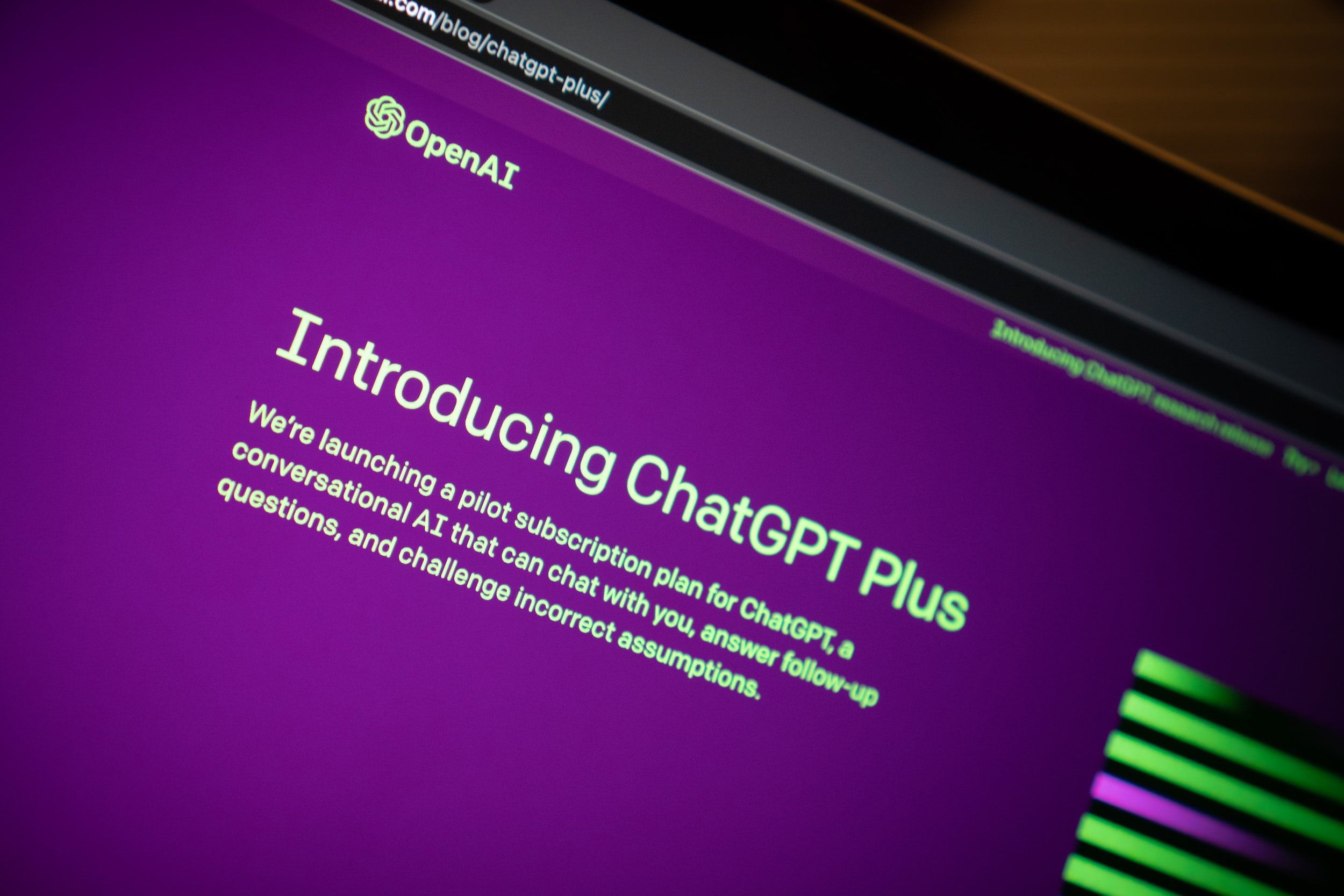Today, on this rainy Saturday, I will bring you some recent Judges Behaving Badly news. Today you get a twofer.
Common Scents In Celebrity Litigation
It’s not surprising that we’ve gossiped that Johnny Depp’s lawyer, Camille Vasquez may (emphasis in original) have directed, permitted, or otherwise appreciated a female member of the legal team going into the women’s bathroom at the courthouse and spraying Depp’s cologne into the stalls so that the opposing party, his ex Amber Heard, would smell it. This was described as “psychological warfare” (against some who accused Depp of abuse).
Wisconsin Lawyer: Now Featuring Bonus Ethicking
Check out my debut as an ethics columnist in the Wisconsin Lawyer. I’ll be writing in every other issue, and the editor is letting me snark there too. I’m just not allowed to write about politics, though I was able to sneak in a Kanye 2020 reference.
The Most Dangerous “Lawyer” In The World Is a 1L With a Westlaw Password
It’s August so that means new law students are arriving, and 2L/3L’s are starting their upper-level classes. (Anyone have anything from this blog on their syllabus? A girl can dream.)
First, welcome, new law students! I wrote a little Q&A last year that may be helpful.
Something I didn’t write about last year was a fairly common phenomenon among my classmates, and I am sure it is common among yours as well—six weeks into law school, people are going to start asking you all kinds of legal questions.
Greetings from Denver
It’s early August, which means I am at the APRL Annual Meeting hanging with my nerd friends and learning about collateral estoppel, generative AI, and interstate practice, and other important topics in legal ethics and disciplinary defense.
It's Better to Remain Silent and be Thought a [Bad Lawyer] Than To Speak Online and Remove All Doubt
I am a bit late to report this, but in June 2023, the State Bar of Wisconsin Ethics Committee (on which I sit) released Formal Opinion EF-23-01, “Responding to Online Criticism.” In most cases, the Committee’s recommendation is “don’t.”
“Enrolled as inactive?” “Administratively Suspended?” What does that mean?
Over the weekend, we learned that the California State Bar “suspend[ed] 1,600 attorneys for violating rules set up after Tom Girardi allegedly stole millions.” At first blush, this sounds horrible—this many attorneys did what now? However, what that really means is that these lawyers neglected to comply with new trust account requirements (including registering their trust accounts with the State Bar, completing an annual self-assessment, and certifying that they understand and comply with trust account rules). As a result, they were “enrolled as inactive for noncompliance.”
Giuiliani, Here We Go Again
A committee of the District of Columbia Board on Professional Responsibility has recommended disbarment for America’s Mayor/Trump sycophant Rudy Giuliani.
Retire the Kraken!
At least part of the 2020 election is coming to a close, as Lin Wood, once highly regarded for defending Richard Jewell, but now reduced to Kraken (or perhaps Kraken-adjacent) fame, is retiring his law license. He has been mired in disciplinary and sanctions proceedings for many months, and it appears to be coming to an unceremonious end.
Farewell (?) E-banking Trust Account Rules, We Hardly Knew You
Effective today, Wisconsin trust account rules have sort-of caught up with the rest of the country, and finally acknowledge that electronic transactions really aren’t that scary.
Under the Rules applicable from 2016 to yesterday (which the Wisconsin Lawyer optimistically described as “modernizing” the way these things are handled), if lawyers wanted to accept electronic transactions (including credit cards) for advanced fees, they either had to set up a separate “e-banking trust account” or, if they wanted to use a primary trust account for electronic transactions (which has been described as an “all-in-one” trust account) comply with some additional security and insurance needs.
While I Was Out, All of the Sanctions Happened
So I was in DC last week, and, shockingly, offline for most of it. (Supreme Court photo accompanying this blog entry was a “just visiting” picture.)
We’ve missed a few things while I was gone.
Why I Didn't Say "Hi" at the Bar Conference
We in Wisconsin are in the middle of the State Bar Annual Meeting & Conference, right here in Milwaukee. The venue is a couple of blocks from my office so I’ve been and will be popping out.
So far, I’ve seen a few of my clients who I’ve never met in person before—I caught their name tag out of the corner of my eye, or recognized their voice from phone calls. I did not stop and approach them. I waited for them to approach me. If they didn’t, we didn’t talk at all.
Where does AI go from here?
Even though I’m posting this on the Saturday of a three-day-weekend, you’re probably not actually reading this until Tuesday or later. But if you’re as terminally online as I am, you’ve already heard about the lawyer who has used ChatGPT to perhaps accelerate his own obsolescence—allegedly, he used it to generate a whole brief, which was then filed in the Southern District of New York. (The docket and most of the pleadings are available on Court Listener.)
“When did you feel like you really ‘became’ a lawyer?”
This question was posed by the State Bar of Wisconsin on its social media today, and because I am on deadline and should be writing about [things that are my actual work] and instead I am procrastinating, I responded with a small treatise.
But it’s a topic I think is worthy of more exploration, particularly as new graduates get sworn in (thank you diploma privilege) and start working. There will be growing pains. I am 14 years in and although there are no moments where I don’t feel like a lawyer (perhaps to my family’s chagrin), I still occasionally struggle with imposter syndrome (as I think many of us do) and wonder just how I got here.
Talking Honestly About Honesty (When You Can't Really Talk About Government Ethics)
Yesterday, I (and several of my nerd friends, as it would turn out) spoke with Benjamin Penn for an article that ran today in Bloomberg Law about outgoing US Attorney Rachel Rollins, who was found by the Department of Justice’s inspector general to have engaged in wide-ranging violations of government ethics rules. I am not an expert in federal government ethics, far from it, so I stuck to the disciplinary implications of the alleged misconduct.
Relevant here, and to my quote that ran with the Bloomberg story, was that Rollins was found to have falsely testified, under oath, during the investigation of her other conduct (including leaking sensitive information to the press, and potential violations of the Hatch Act). I told Mr. Penn that “Bar regulators, in general, they’ll get their hackles up about any sort of dishonest conduct that has any nexus with the practice of law.”
Crowdfunding, Re-(Re?) Visited
Litigation crowdfunding has recently resurfaced as an issue, as lawyers for Daniel Penny, the man charged with killing Jordan Neely on a New York subway, has have raised nearly $2.5 million dollars (as of this posting) to support his defense fund.
A Belated Update So I Don’t Trigger 8.4(c) By Saying I Blog “Regularly”
The problem with telling the whole world that you blog regularly about legal ethics is that you have to actually do it. And when you’ve got an elections practice in an election month, and you teach dentists, and then you take a spring break trip, and then your kid takes up soccer, and then you end up with a nasty cold, and also you have your actual work, “regularly” becomes aspirational, rather than actual.
So, I am bringing an update of a case I first wrote about in July. The update itself is tardy. So it goes.
Is there really that much daylight between a lawyer and client?
"After completing his time on the Supreme Court, Daniel Kelly provided legal counsel to several clients, amongst which were the RNC and RPW," [Kelly’s spokesman Jim] Dick said (paywalled, sorry). "It is a maxim in the legal profession that the views of clients are not attributable to their attorneys."
But is it really true? Is there really that much distance or difference of opinion between a client and a lawyer?
I Write Other Stuff Too
The March 2023 issue of Wisconsin Lawyer is live (print copies should arrive shortly), so please check out my short article, “When A Professional Needs A Professional.”
When You Solicit An Ethics Nerd, You Best Not Miss
If you’ve talked to me often or long enough, or sat through any recent presentation of mine involving social media, you’ve heard me complain about the state of the attorney advertising and solicitation rules. I’ve been critical rules for some time (though, perhaps, not as vocal on this blog as I have been in the real world).
Part of my frustration is that the Rules are just that outdated. Sure, they’re post-Bates at least; they recognize that attorneys may need to rely on something other than their father’s reputation and their golf club membership to make a living. And, by and large, they try to prevent what I hope we all can agree shouldn’t happen—advertising shouldn’t be false or misleading, and it shouldn’t be coercive.






![It's Better to Remain Silent and be Thought a [Bad Lawyer] Than To Speak Online and Remove All Doubt](https://images.squarespace-cdn.com/content/v1/5d93821f16ea12193a39cbf7/1690906300081-RM7AW0EAIENVTAV5DQZ9/image-asset.jpeg)













